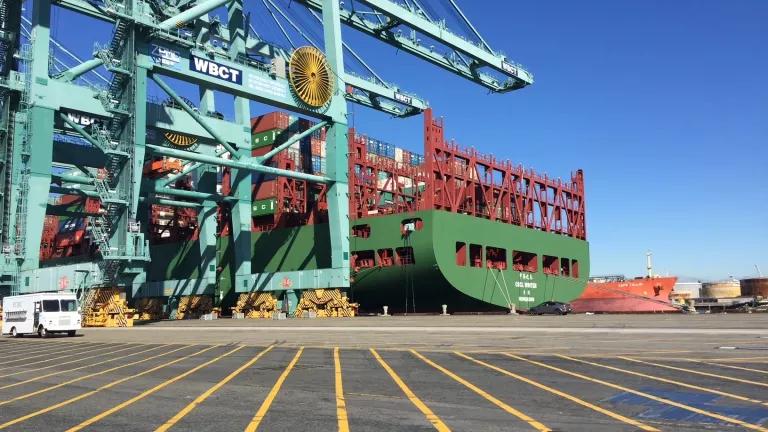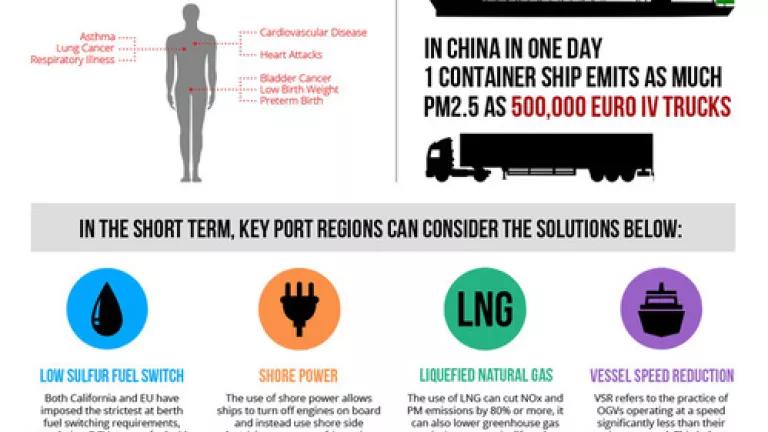
Beijing Central Business District
Yesterday, China’s State Council set a timetable for adopting stricter diesel and gasoline fuel standards. The plan calls for issuing China V standards (capping sulfur content at 10 parts per million) for gasoline automobiles by the end of this year, and the same standard for diesel automobiles by June of this year. Both standards will have a grace period of four years, giving oil refiners until 2017 to upgrade their refineries to produce the cleaner fuels. To help ease the transition from the current diesel fuel standard (China III, capped at 350 ppm sulfur) to China V, the government will issue China IV (capped at 50ppm) standards soon and require mandatory compliance by January 2015.
As noted in my blog from last week, Beijing is the only city in China that currently complies with China V standard for diesel fuel, while national standards have lagged behind at China III. China’s Ministry for Environmental Protection tried to enact strong diesel fuel standards for busses and trucks in 2011, but had to delay the standards twice because of opposition from the powerful state-owned oil companies. The rising uproar over China’s noxious air pollution, however, has finally tipped the scales. These new standards will do a lot to clean up two of the major sources of this pollution (though much more will need to be done to reduce China’s reliance on coal as well).
Gas prices in China are set by the central government, so all costs of upgrading fuel quality would normally be borne by oil companies. According to Tang Dagang, Director of the Vehicle Emission Control Center of China’s Ministry of Environmental Protection, Chinese oil companies will not upgrade their refineries until the costs of upgrades, estimated at 20-30 billion Yuan ($3.2 - $4.8 billion), are addressed by the government. In response, the State Council plans on “fixing” gas prices to reflect the costs of upgrades, while providing subsidies to “disadvantaged people and non-profit organizations” as a way to share the costs between producers and consumers.
Implementation and enforcement of these standards, like all standards in China, is a key issue. The State Council plans on holding industry accountable by increasing penalty fees for pollution violations and stepping up enforcement. It should also ensure that the government departments responsible for enforcement have sufficient resources, personnel and high-level support to do the job.
The new fuel standards are a critical step forward for China to combat its worsening air pollution and protect the health of its citizens. Motor vehicles contribute close to one-quarter of Beijing’s PM2.5 levels, a highly dangerous pollutant that has long been known to cause respiratory and heart illnesses. In fact, doctors at the Beijing Children’s Hospital fear that even short-term exposure to severe pollution could induce chronic illnesses, such as heart disease, in children. We urge the government to work with oil companies and other stakeholders to ensure that the proposed standards are not only adopted as scheduled but fully enforced. China needs long-term solutions to its air pollution woes and this is an enormous step in the right direction.
This blog was coauthored with my colleague Christine Xu and my former colleague Rich Kassel (now with Gladstein, Neandross & Associates).



